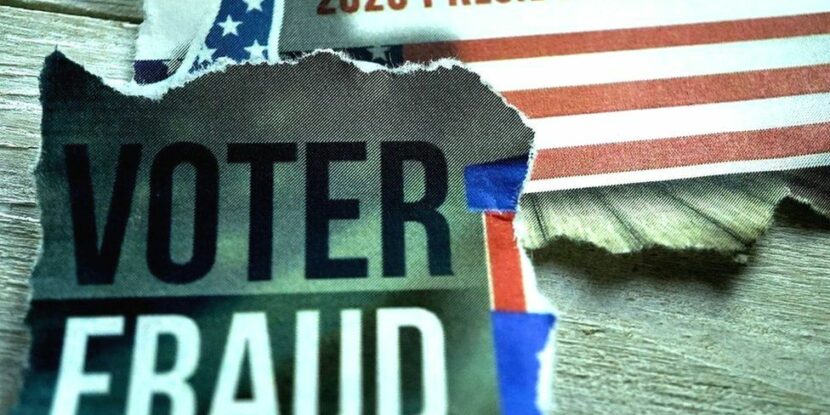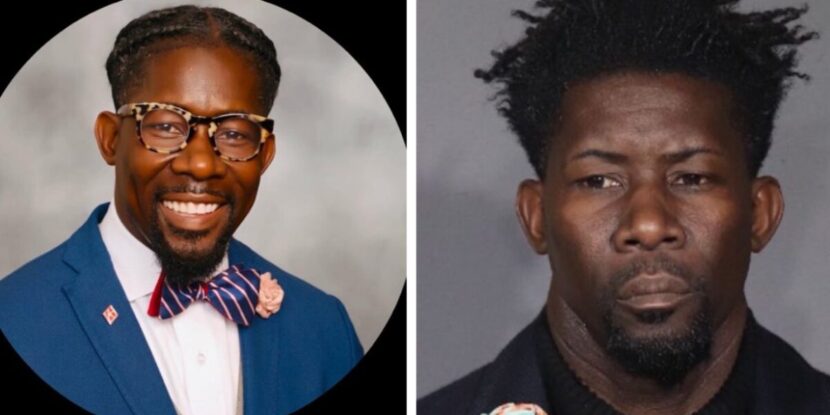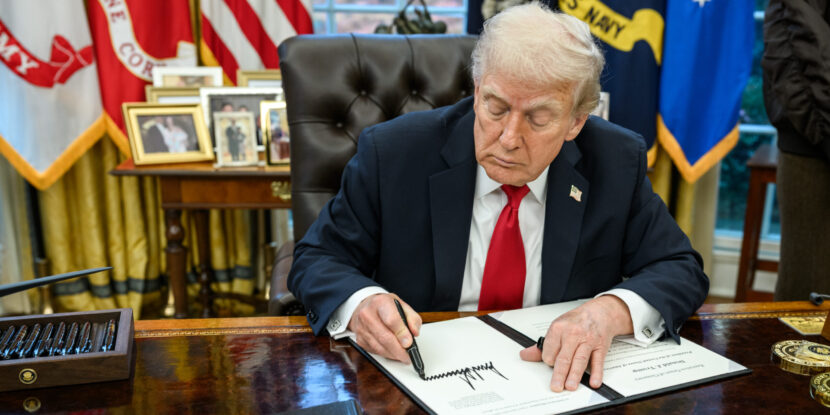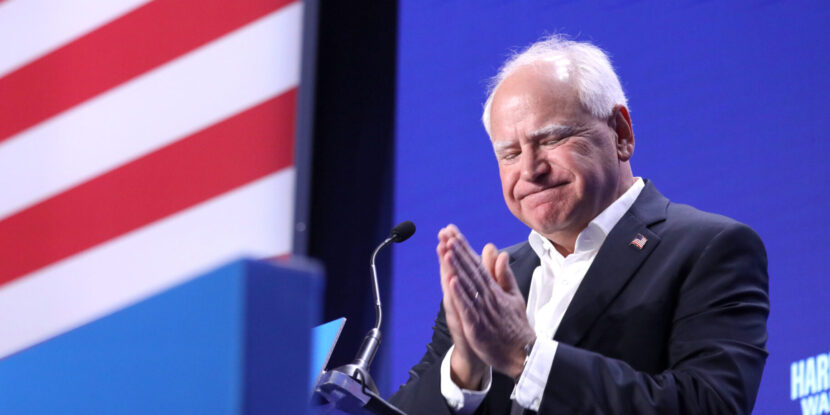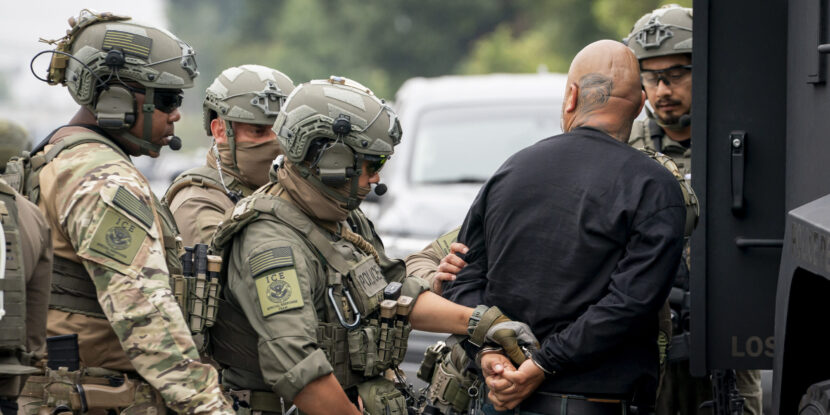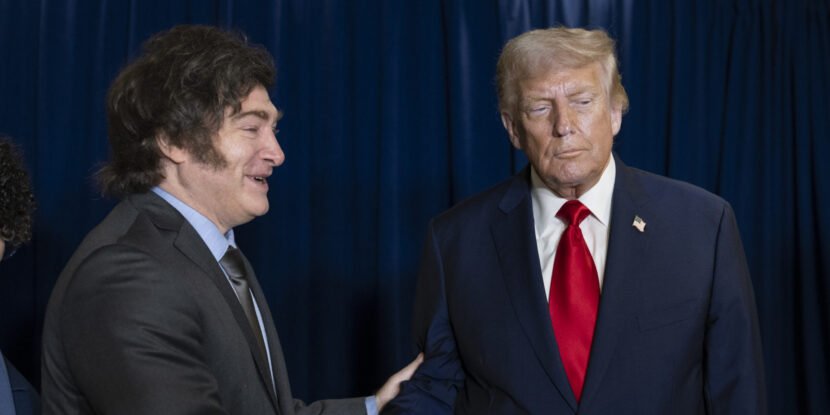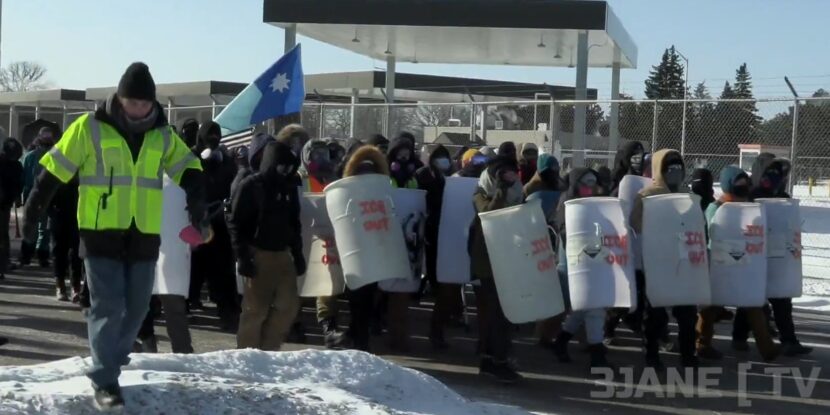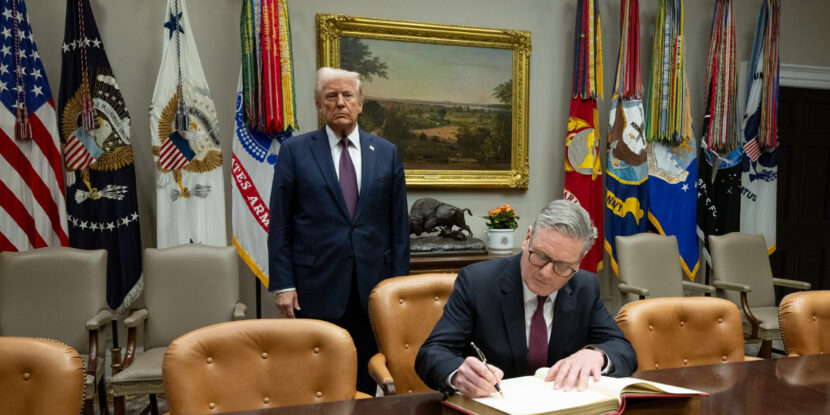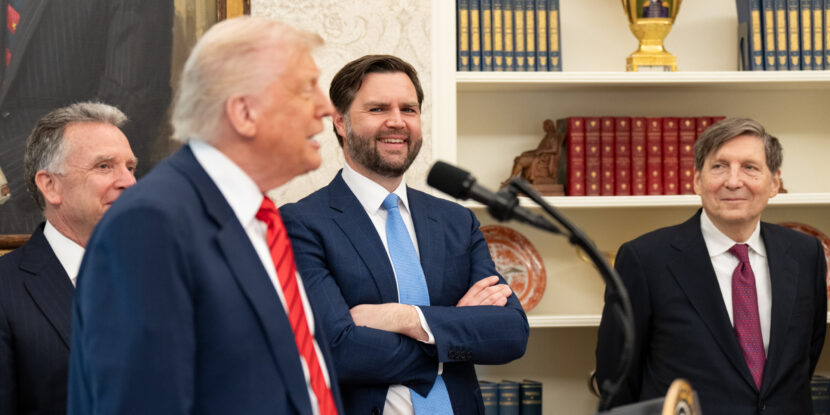Texas Governor Greg Abbott has sounded the alarm on voter fraud, highlighting a recent court decision ordering a new election in Houston. In May, a judge determined that over 1,400 unlawful votes were cast in Harris County’s 180th District Court race in November 2022, preventing the identification of the rightful winner.
The disputed race saw Republican candidate Tami Pierce losing to Democrat candidate DaSean Jones by fewer than 450 votes. Judge Peeples found 983 votes were disqualified due to residency issues, 445 lacked valid photo identification, and 48 mail-in ballots were missing signatures or were not timely.
Following the court ruling, Governor Abbott took to X, formerly Twitter, to voice his concerns, warning: “Voter fraud is real. Especially in Houston.” He pointed to Judge David Peeples’s findings of 1,430 unlawful votes, underscoring the need for strict election integrity reforms.
Many X users responded to Abbott’s post expressing frustration over the lack of strong action against voter fraud. Some suggested using hand-counted paper ballots to prevent similar issues in future elections, while others called for harsher penalties, including mandatory prison sentences for election fraudsters.
Voter fraud is real.
Especially in Houston.
“The court has found that 1,430 illegal votes were cast in the race for the 180th District Court.”
The Judge hearing the case ordered a redo of the election.
We must end voter fraud. https://t.co/hQBBvaF5AA
— Greg Abbott (@GregAbbott_TX) June 16, 2024
ENDEMIC FRAUD.
Research by the Heartland Institute suggests mail-in voting fraud is widespread, with a substantial share of mail-in voters self-reporting that they cast unlawful ballots in 2020. Seventeen percent of 2020 voters told the institute they voted in a state where they were no longer legal residents. Twenty-one percent said they filled out a ballot for someone else, and 17 percent admitted to forging the signature of a friend or family member “with or without their permission.”
Rasmussen reported similar findings in December, additionally noting that one in ten poll respondents said someone offered them “pay” or a “reward” for voting.
